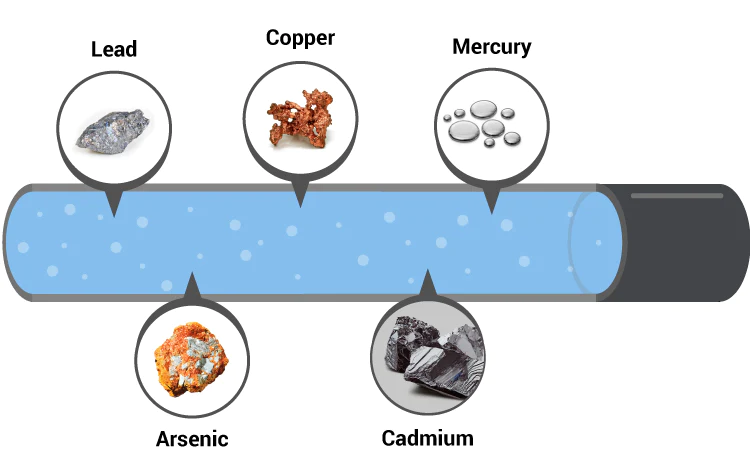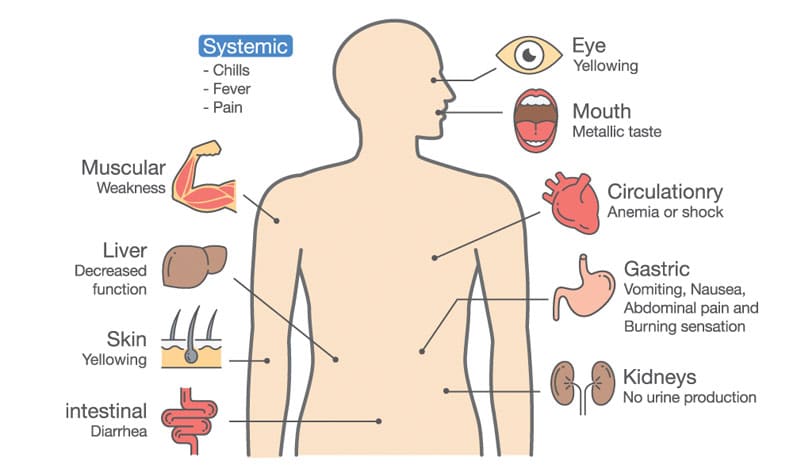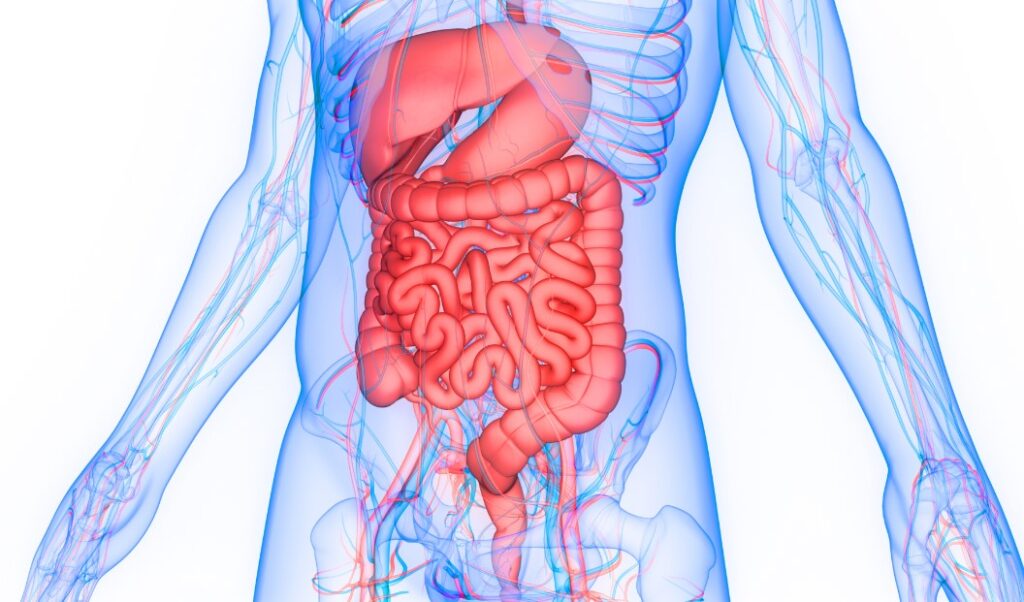What are the Symptoms of Heavy Metal Toxicity?

Heavy metal toxicity is a serious issue that can have dramatic and even life-threatening consequences. In this blog post, we will explore some of the most common symptoms of heavy metal toxicity and what you can do to address them. From gastrointestinal issues to neurological problems, read on to learn everything you need to know about this dangerous problem.
What are Heavy Metals?
Heavy metals are substances that can cause health problems when they are absorbed into the body. These metals can come from many sources, including air, food, water, and soil.
The body can’t break down heavy metals very well. This means that these substances can build up in tissues over time. The effects of heavy metal toxicity depend on the level of exposure and the individual’s health.
Some common symptoms of heavy metal toxicity include fatigue, mood swings, trouble concentrating, impaired vision, seizures, and memory loss. In severe cases, heavy metal poisoning can lead to coma or death.
It is important to get a doctor’s help if you experience any of these symptoms. You may also need to take special precautions to avoid exposure to heavy metals.

Source: pumpsonline.co.nz
What are the Different Types of Metals?
There are many different types of metals, and each has a different ability to form compounds with other elements. Some of the most common metals include:
- Lead: Lead is a heavy metal that can be toxic when ingested or inhaled. Exposure to high levels of lead can cause serious health problems, including brain damage and developmental delays in children.
- Mercury: Mercury is a heavy metal that can be toxic when ingested or inhaled. Mercury can damage the central nervous system and kidneys, and it can also cause birth defects if pregnant women are exposed to high levels of mercury.
- Cadmium: Cadmium is a heavy metal that can be toxic when ingested or inhaled. Cadmium exposure can damage the liver and reproductive organs, and it may also cause cancer.
What are the Different Types of Heavy Metal Toxicity?
The different types of heavy metal toxicity are:
- Heavy metal poisoning: This is a serious condition caused by exposure to high levels of heavy metals over a period of time. Heavy metals can damage the body’s cells and organs, leading to health problems.
- Environmental metal toxicity: This is a problem caused by exposure to heavy metals from the environment, such as from industrial pollution or mining operations.
- Heavy metal accumulation: People who have a lot of heavy metals in their bodies may be at risk for health problems, especially if they have a history of kidney disease, liver disease, or other conditions that can make them more sensitive to toxins.
Symptoms of Heavy Metal Toxicity
Heavy metal toxicity can cause a variety of symptoms, as each individual is affected differently. Symptoms may include:
- Nausea and vomiting
- Poor appetite
- Chronic fatigue
- Brain fog or memory loss
- Joint pain and inflammation
- Skin rashes and itchiness
- Depression or anxiety

Source: healthandvitalitycenter.com
How to Test for Heavy Metal Toxicity?
Heavy metal toxicity is when a person’s body has too much of a particular heavy metal. Symptoms of heavy metal toxicity can include fatigue, muscle pain, confusion, and trouble sleeping. Testing for heavy metal toxicity is important because if the levels are high, the person might need to take steps to reduce their exposure or get treatment.
To test for heavy metal toxicity, a doctor may order an assay such as an ICP-MS or an ELISA. These tests measure how much of heavy metal is in a person’s blood or tissue. A doctor might also do a physical examination and ask about symptoms to help determine whether heavy metal exposure is causing them problems. If the levels of heavy metal are high, the person might need to take steps to reduce their exposure or get treatment.
Treatment of Heavy Metal Toxicity
Heavy metal toxicity can cause a wide variety of symptoms, depending on the type and amount of heavy metals consumed. Symptoms can include fatigue, muscle weakness, headaches, difficulty concentrating, memory problems, anxiety, and chronic pain. If heavy metals are taken in large doses or over a long period of time, they can interfere with the body’s ability to absorb nutrients and can damage organs such as the brain and kidneys. Treatment for heavy metal toxicity typically involves eliminating the heavy metals from the body through diet or detoxification therapies.
How are Metals Absorbed Into the Body?
There are several ways in which metals are absorbed into the body. The most common way is through food and drink, as well as through contact with the skin. When metals are ingested, they can be combined with other elements in the food or drink to form a complex molecule. These complexes can then be absorbed into the body through the gastrointestinal (GI) tract.
When metals are in contact with the skin, they can be taken up into the body through broken skin cells. This process is called absorption. Once the metal is absorbed into the body, it can travel throughout different parts of the body depending on its location and how much it is exposed to other elements.

Source: hrrmc.com
How Can You Reduce Your Exposure to Metals?
Heavy metal toxicity is a very serious health condition that can be caused by exposure to metals such as lead, mercury, and aluminum. Symptoms of heavy metal toxicity may include fatigue, mood swings, joint pain, and cognitive impairment. You can reduce your exposure to metals by avoiding known sources of contamination, using protective gear when working with metals, and consulting a healthcare professional if you experience symptoms of metal toxicity.
Conclusion
Heavy metal toxicity is a very serious health condition that can have dramatic effects on your body. If you think you may be experiencing symptoms of heavy metal toxicity, it is important to seek professional help as soon as possible. By doing so, you can quickly diagnose and begin the process of treating your health condition. In the meantime, here are some signs that might suggest that you are suffering from heavy metal toxicity: difficulty concentrating, frequent headaches, nausea and vomiting, memory problems, tremors, irregular heart rate, etc.
